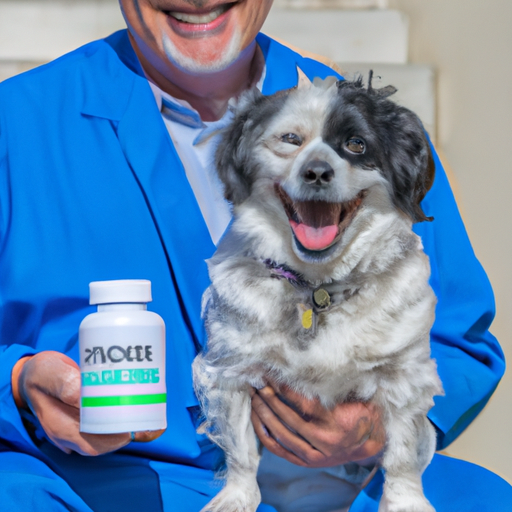Giardia is one of the most common intestinal parasites that affects dogs. As a caregiver, knowing how to effectively treat this condition can be crucial for your pet’s health. In this comprehensive guide, we’ll explore what treats Giardia in dogs and how to prevent future infections.
Understanding Giardia
Giardia is a single-celled parasite that resides in the intestines of a wide range of animals, including dogs. Dogs become infected by ingesting Giardia cysts from contaminated water, food, or even from the feces of other infected animals.
Symptoms of Giardia in dogs include:
- Diarrhea
- Gas
- Abdominal discomfort
- Nausea
- Vomiting
- Weight loss
If you notice any of these symptoms in your dog, it’s important to consult with a veterinarian immediately.
Treatment Options for Giardia in Dogs
Treating Giardia in dogs typically involves the use of specific antiparasitic medications. These are usually administered orally and can include:
-
Metronidazole: This is the most commonly prescribed medication for Giardia. It’s typically given for 5 to 7 days.
-
Fenbendazole: Often used in conjunction with Metronidazole, Fenbendazole is also effective at eliminating Giardia cysts.
-
Febantel: This is a newer drug that has shown promise in treating Giardia.
Your veterinarian will determine the best course of treatment based on your dog’s age, overall health, and the severity of the infection.
| Medication | Dosage | Duration |
|---|---|---|
| Metronidazole | 15 mg/kg | 5 to 7 days |
| Fenbendazole | 50 mg/kg | 3 to 5 days |
| Febantel | 15 mg/kg | 3 days |
Preventing Future Infections
After your dog has been treated, it’s important to prevent future infections. This can be achieved by:
- Regularly cleaning and disinfecting your dog’s living area.
- Avoiding stagnant water sources.
- Regularly testing your dog’s feces for parasites.
- Feeding your dog a balanced diet to boost their immune system.
Alternative Treatments for Giardia
While traditional medicine is the most effective way to treat Giardia, some pet owners opt for natural remedies. These may include:
- Probiotics: These can help restore your dog’s gut flora after an infection.
- Garlic: While controversial, some believe garlic can help fight off parasites.
- Pumpkin seeds: These seeds are believed to have antiparasitic properties.
Remember, it’s crucial to consult with a veterinarian before starting any alternative treatment.
FAQ
Q: Can Giardia in dogs be prevented?
A: Yes, by maintaining good hygiene, providing clean water and regular fecal tests, the risk of Giardia can be reduced.
Q: How long does it take for a dog to recover from Giardia?
A: Most dogs start showing improvement within a few days of starting treatment, but full recovery can take up to a few weeks.
Q: Can humans get Giardia from dogs?
A: Yes, Giardia is a zoonotic disease, which means it can be passed between animals and humans. However, it’s more common for people to get Giardia from other people than from pets.
Q: What should I do if I think my dog has Giardia?
A: If you suspect your dog has Giardia, consult a vet immediately. They can perform a fecal test to confirm the diagnosis and start treatment.
In conclusion, while Giardia can be a distressing condition for both you and your pet, with the right treatment and preventative measures, your dog can make a full recovery and live a healthy, happy life. As a caregiver, your vigilance and dedication are vital to your pet’s wellbeing.



